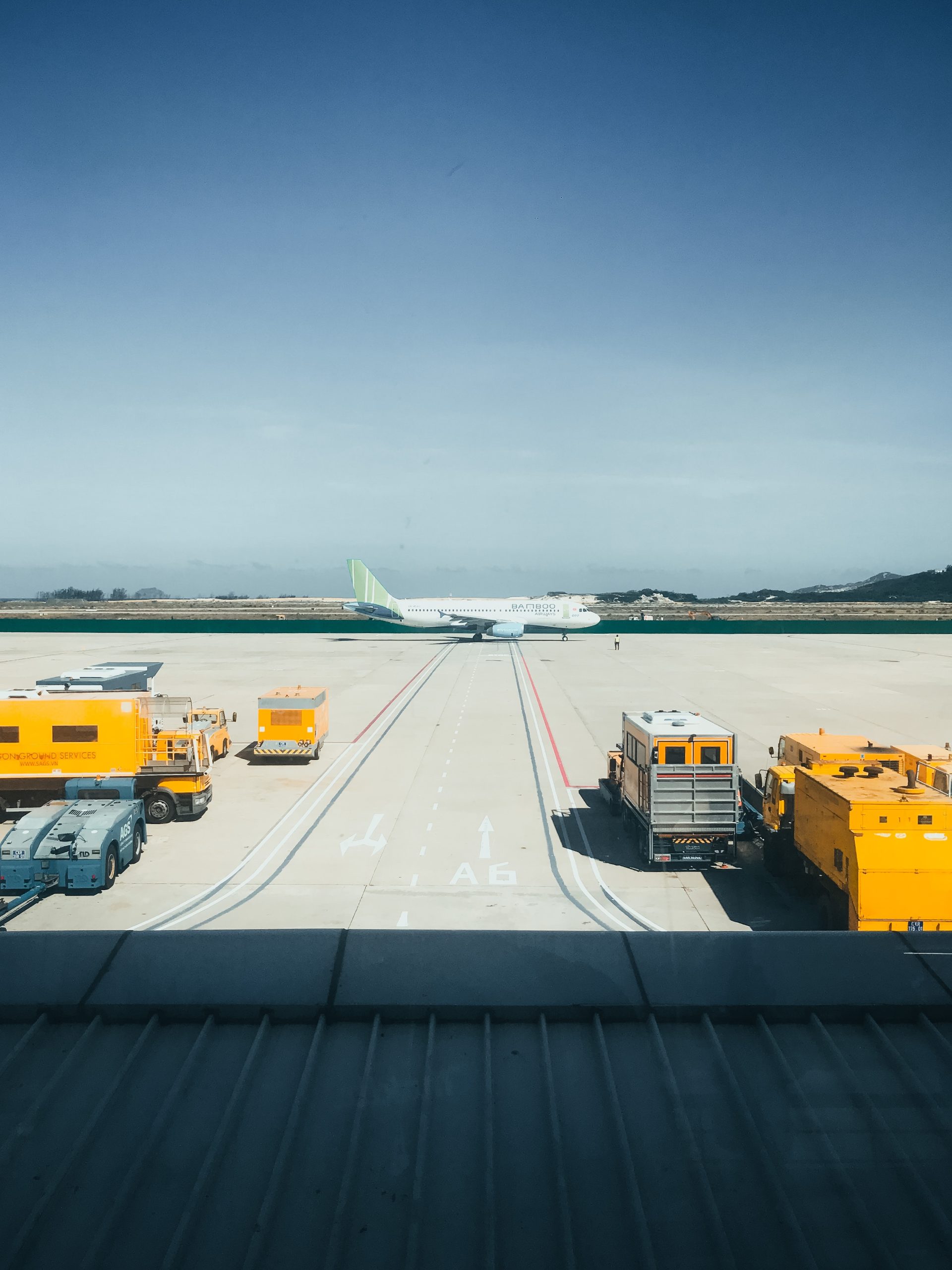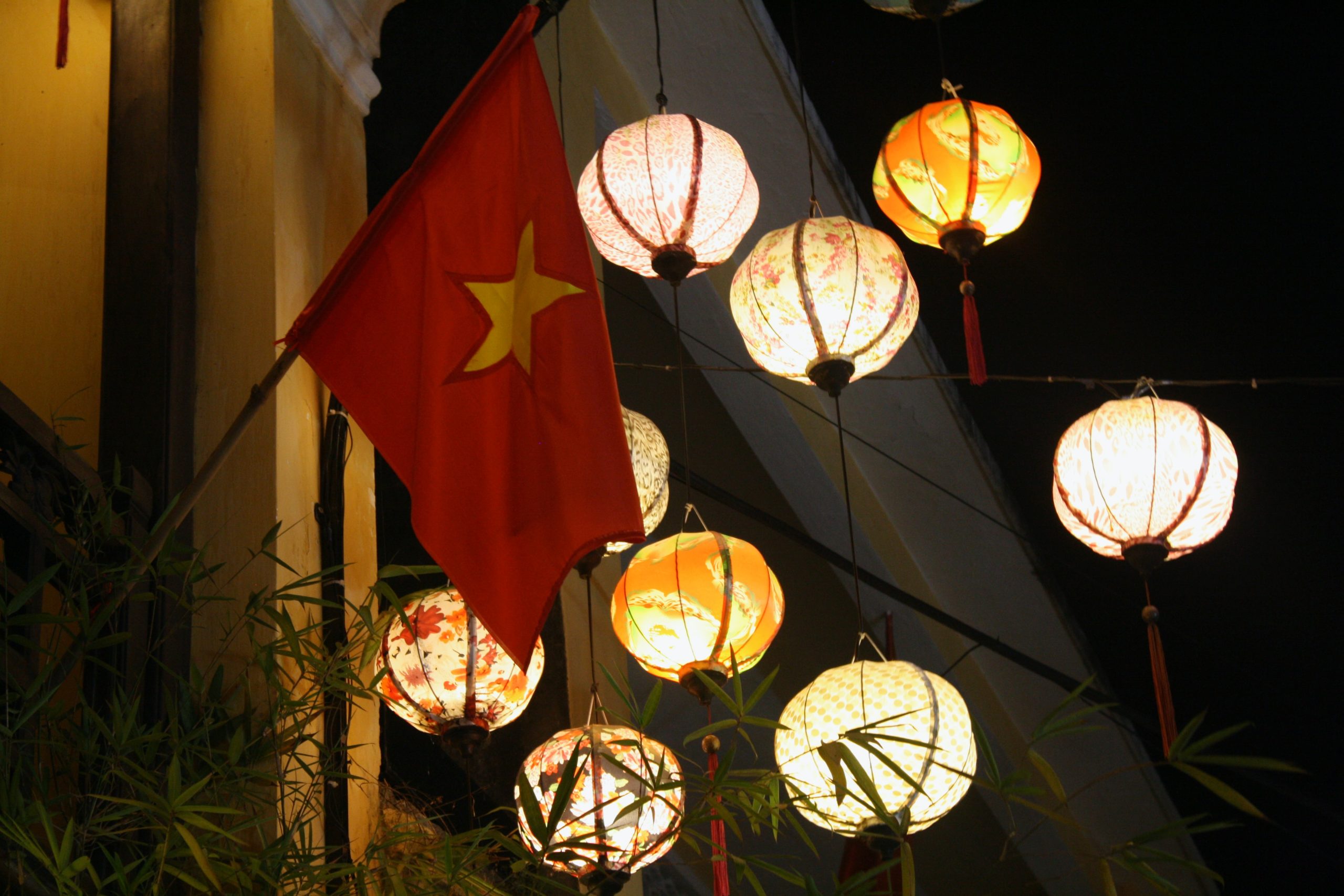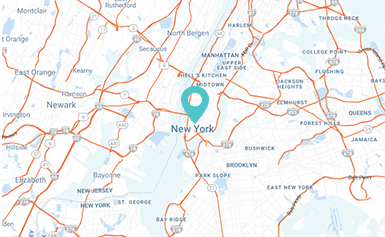Navigating Customs Regulations in Vietnam: A Traveler’s Guide
Vietnam, a land of captivating beauty and rich cultural heritage, has become an increasingly popular destination for travelers from around the world. As you prepare for your adventure to this Southeast Asian gem, it’s essential to understand and navigate the customs regulations in Vietnam. This guide by Green Sun Travel will help you breeze through the customs process, ensuring a smooth and memorable journey.
Customs regulations in Vietnam when Arriving in Vietnam
Arriving in Vietnam can be an exciting and smooth experience if you are well-prepared for the customs regulations in Vietnam, customs declaration procedures, and restrictions on certain items. Let’s delve deeper into what you should know when you arrive in Vietnam:
Entry Requirements:
Passport Validity: Make sure your passport is valid for at least six months beyond your intended departure date. This is a common requirement in many countries and helps ensure that you won’t face any issues while traveling or departing Vietnam.
Visa Requirements:
- Visa-Free Travel: For many nationalities, Vietnam allows visa-free entry for a specific duration, usually up to 15-30 days. However, the specific requirements and permitted duration can vary, so it’s crucial to check Vietnam’s official immigration website or contact your country’s embassy or consulate for the most up-to-date information. These regulations can change over time, so always verify the latest details before your trip.
- Visa Types: If you need a visa to enter Vietnam, there are different options:
- E-Visa: You can apply for an e-visa online before your trip. This is a straightforward and increasingly popular option for travelers.
- Visa on Arrival (VOA): This option is available for air travelers but requires pre-arranged approval. You must obtain a visa approval letter from a reputable agency before you arrive in Vietnam. Once you land at the airport, you can complete the visa process. Note that VOA is not applicable to all entry points, so check beforehand.
Customs Declaration:
- Completing the Customs Declaration Form: Upon arriving in Vietnam, all travelers are required to complete a customs declaration form. This form typically includes questions about your personal information, the purpose of your trip, and details about the items you are carrying. It is crucial to be truthful when filling out this form to avoid any unnecessary delays, fines, or legal issues.
- Declaration of Valuables: If you’re traveling with valuable items such as electronics, jewelry, or a large amount of cash, it’s essential to declare these on your customs declaration form. While Vietnamese customs do allow reasonable personal belongings, high-value items can attract additional scrutiny. Being transparent about these items will help you avoid any misunderstandings or complications during the customs inspection.
Prohibited Items:
- Restricted and Prohibited Goods: Vietnam has stringent regulations regarding the import and export of certain goods. These include narcotics, weapons, explosives, and pornographic material. It is absolutely vital that you do not carry any of these prohibited items with you. Penalties for violating these regulations can be severe, including imprisonment.
Understanding and following these Customs regulations in Vietnam including entry requirements, customs declaration procedures, and restrictions will help ensure a smooth and enjoyable experience upon your arrival in Vietnam. By staying informed, respecting local laws, and being transparent with customs officials, you can look forward to an exciting and trouble-free journey in this captivating Southeast Asian destination.

What to pack and what to leave behind?
When preparing for your journey to Vietnam, it’s crucial to be mindful of what you pack and what you should leave behind, as there are specific regulations and considerations to keep in mind:
Medications:
It’s advisable to bring essential medications you may need during your trip, especially if you have a medical condition. However, you should take certain precautions:
- Carry medications in their original packaging with clearly labeled prescriptions.
- Research the specific medication regulations in Vietnam. Some medications, even if prescribed, may require special permissions or documentation to enter the country.
- To avoid any misunderstandings or complications, it’s a good idea to consult the Vietnamese Embassy or consulate in your home country to ensure you comply with their requirements.
Currency:
When it comes to carrying currency into Vietnam, there are some important points to consider:
- There are no strict restrictions on bringing local and foreign currency into the country.
- However, any amount exceeding $15,000 USD must be declared. This declaration is necessary to prevent money laundering and other financial irregularities.
Restricted Items:
Vietnam has specific regulations regarding certain items that you may consider bringing with you on your trip:
- Drones: Drones, as well as other similar equipment, like walkie-talkies and radio transmitters, may require approval from the Ministry of Information and Communications in Vietnam. It’s advisable to contact them well in advance of your trip to obtain the necessary guidance and permits. Flying drones in sensitive areas without approval can lead to confiscation or legal issues.
Souvenirs:

While traveling, many people are tempted to buy souvenirs, but it’s essential to be cautious, especially when it comes to items like wildlife products, antiques, or cultural artifacts:
- Wildlife Products: Be aware of the Convention on International Trade in Endangered Species of Wild Fauna and Flora (CITES) restrictions. Many wildlife products may be illegal to take out of Vietnam. Purchasing or carrying such items could lead to legal trouble both in Vietnam and upon your return home.
- Antiques and Cultural Artifacts: Some antiques and cultural artifacts may require special export permits. Before buying such items, check with local authorities or consult experts to ensure compliance with the laws of both Vietnam and your home country.
Customs regulations in Vietnam when Leaving Vietnam
Leaving Vietnam is the final step of your journey, and it’s important to be aware of the regulations and considerations when it comes to exporting items, especially souvenirs, and understanding duty-free allowances:
Exports:
Vietnam has strict regulations regarding the export of certain items, particularly antiques and valuable cultural artifacts. If you plan to take such items out of the country, it’s imperative to follow these guidelines:
- Proper Documentation: Before attempting to export antiques or cultural artifacts, ensure you have the required documentation and permits. These may include export certificates or licenses.
- Legal Compliance: Consult with local authorities, museums, or cultural experts to make sure the items you intend to export are not part of Vietnam’s cultural heritage and have no historical significance. Taking items of historical importance out of the country could result in serious legal consequences both within Vietnam and upon your return to your home country.
Souvenirs:
When purchasing souvenirs in Vietnam, it’s important to exercise caution, particularly when it comes to items made from endangered species or historical artifacts:
- Endangered Species: Vietnam, like many other countries, has strict laws prohibiting the trade and export of products made from endangered species. Be aware of the Convention on International Trade in Endangered Species of Wild Fauna and Flora (CITES) and do not buy products made from animals or plants protected by these regulations.
- Historical Artifacts: Avoid purchasing historical artifacts, especially if they appear to be genuine or valuable. It’s difficult to distinguish between genuine and fake items, and attempting to take historical artifacts out of Vietnam can lead to serious legal issues.
Duty-Free Allowance:
As you prepare to leave Vietnam, it’s essential to consider duty-free allowances in both Vietnam and your home country:
- Vietnam’s Duty-Free Limits: Vietnam has its own set of duty-free limits for items you can take out of the country. These limits may differ from the allowances in your home country, so be aware of what’s permissible. It’s a good idea to consult the official Vietnamese customs website or contact local authorities for the latest information.
- Home Country’s Duty-Free Allowances: Equally important is understanding your home country’s duty-free allowances. Items you bring back may be subject to import duties and taxes upon your return, depending on your country’s regulations. Familiarize yourself with your home country’s customs rules to avoid any unpleasant surprises.
Conclusion
Customs regulations in Vietnam are in place to preserve its rich cultural heritage and protect its unique environment. Understanding and respecting these rules will ensure a smooth and enjoyable travel experience. Always research the latest regulations and requirements from official sources before your trip, and remember that compliance is key to a hassle-free journey through this enchanting country. With proper planning and a respectful attitude towards local customs, your adventure in Vietnam will be a memorable one.







